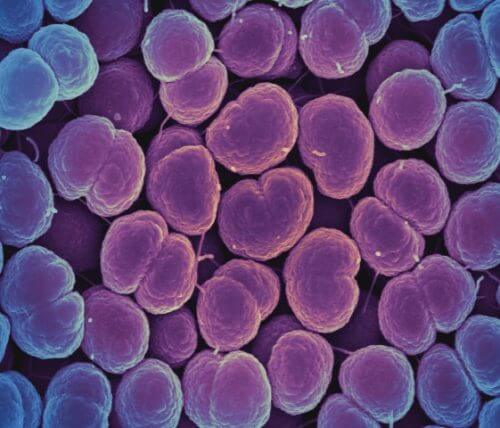A clinic in the United Kingdom has built a new model for self-service tests that reduces the embarrassment of the subjects

It is unpleasant to be tested for an infectious sexually transmitted disease. First, you have to make an appointment with the doctor, then you have to wait a week for the results and be exposed to plenty of opportunities for embarrassing encounters. These harassments are perhaps part of the reason why rates of sexually transmitted diseases are on the rise. Therefore, a clinic in London began to redesign the process in the spirit of the digital age. The accessible facility she set up, called Dean Street Express, is built to provide self-service, stigma-free testing that requires almost no awkward eye contact with strangers. The system works using a miniaturized version of molecular testing technology.
After making an appointment online, a person interested in being tested comes to the clinic and registers there using a computer. A technician gives the subject a test tube containing all the swabs needed for the tests selected from the menu (which includes all common diseases, such as syphilis, gonorrhea וChlamydia). The subject then enters a private room where he watches a video demonstrating how to deliver the samples. The results are sent by text message to the mobile phone within six hours at the most.
She developed the technology that makes all this possible Cepheid, an American medical diagnostic company whose portable device for tuberculosis testing was launched in 2011 and gained immense popularity because it allows results to be obtained within 15 minutes of taking the sample. As with laboratory tests, Cepheid's method is also based on genetic markers to locate the disease. But the entire process is carried out in a device small enough to carry. Within five years, the company sold about 12,000 test systems, some of them to countries that had no molecular diagnosis before. Since then, other companies, such as Hoffmann-La Roche and Abbott, have developed similar systems of their own.
The facility in London became so popular that the founders of the company also integrated an HIV testing facility into it and opened another similar clinic. Five more clinics are planned in London, and Cepheid has announced the delivery of similar clinics to Barcelona, Paris, Brisbane in Australia and San Francisco, and another to be inaugurated in Florida. "Everyone sees the potential to shorten the waiting time for results, start treating infected people much faster, reduce infection rates, reduce anxiety and provide a better overall experience," says Dave Persing, medical director of the company's testing department. "No one wants to be surprised 11 days after the test, and find out that the results for chlamydia or gonorrhea are positive. This is simply unacceptable."
